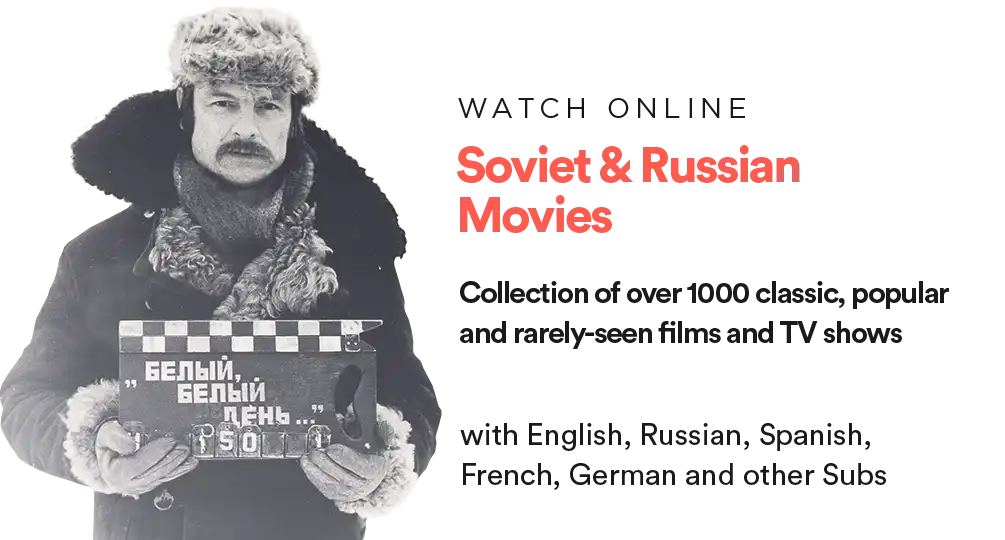The film is ripe with undertones of widespread corruption, an allegory that is keenly observed through the various comedic mishaps. The well-meaning plans set forth by the community gradually crumble, echoing a broader commentary on the failings of the Eastern European Communist structure. The film’s pointed satire did not escape the eyes of the authorities, and it was subsequently prohibited indefinitely in the aftermath of the Soviet invasion in 1968 in Czechoslovakia.
“The Firemen’s Ball” served as the swan song for Forman in his native land before he was propelled into exile. It also marked his first foray into color cinematography, enhancing the visual appeal and vividness of the narrative. As such, the film constitutes a pivotal moment in the Czechoslovak New Wave movement.
The central plot revolves around the volunteer fire department as they organize a grand celebration to honor their retiring chief. The entire town is in attendance, creating an atmosphere of community and festivity. However, the night doesn’t unfold as envisioned, and the audience is treated to a spectacle of well-intentioned plans going hilariously awry, adding a delightful layer of chaos to the narrative.


























